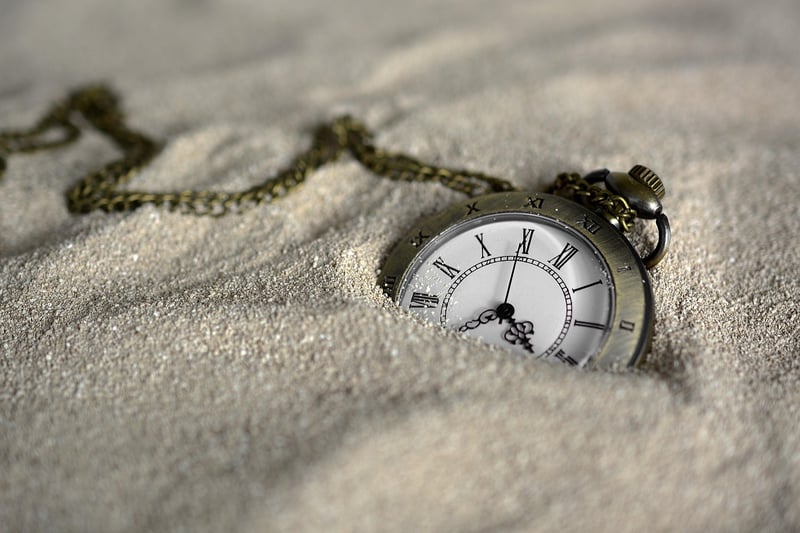Time-Travel Ethics
The Ethics of Time Travel
Time travel has long been a fascinating concept in science fiction, but what ethical considerations come into play when we delve into the realm of altering the past or future?
Paradoxes and Consequences
One of the primary ethical dilemmas of time travel is the potential for creating paradoxes. Changing even a small event in the past could have far-reaching consequences that may alter the course of history in unforeseeable ways. Should individuals have the right to manipulate the timeline for personal gain?
Intervention vs. Non-Intervention
Another ethical issue is the debate between intervention and non-intervention. If time travelers witness a historical atrocity, should they intervene to prevent it, potentially altering the future? Or should they adhere to a strict policy of non-interference to preserve the natural flow of events?
Temporal Responsibility
Time travelers must also consider their temporal responsibility. How accountable are they for the consequences of their actions across different time periods? Should they be held responsible for unintended changes they cause in the timeline?
Respecting Cultural Integrity
Respecting cultural integrity is another crucial aspect of time-travel ethics. When visiting the past, travelers must be mindful of not imposing their values or technology on societies that may not be ready for such advancements. Interfering with the natural progression of a culture raises ethical concerns.
Conclusion
As we ponder the ethics of time travel, it becomes evident that the power to manipulate time comes with great responsibility. While the concept may be thrilling, it raises profound questions about the impact of our actions on the past, present, and future.

Exploring the ethics of time travel opens up a world of philosophical and moral considerations that challenge our understanding of causality and consequence.
